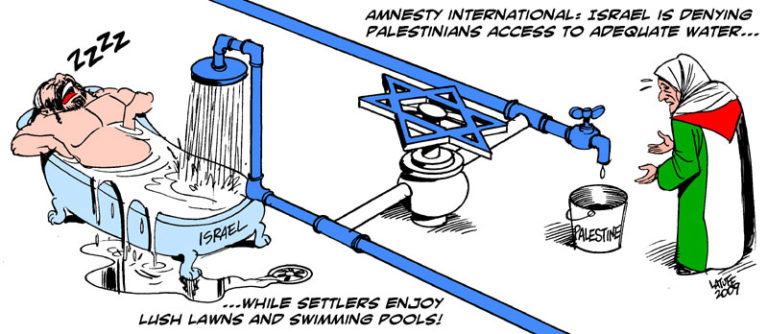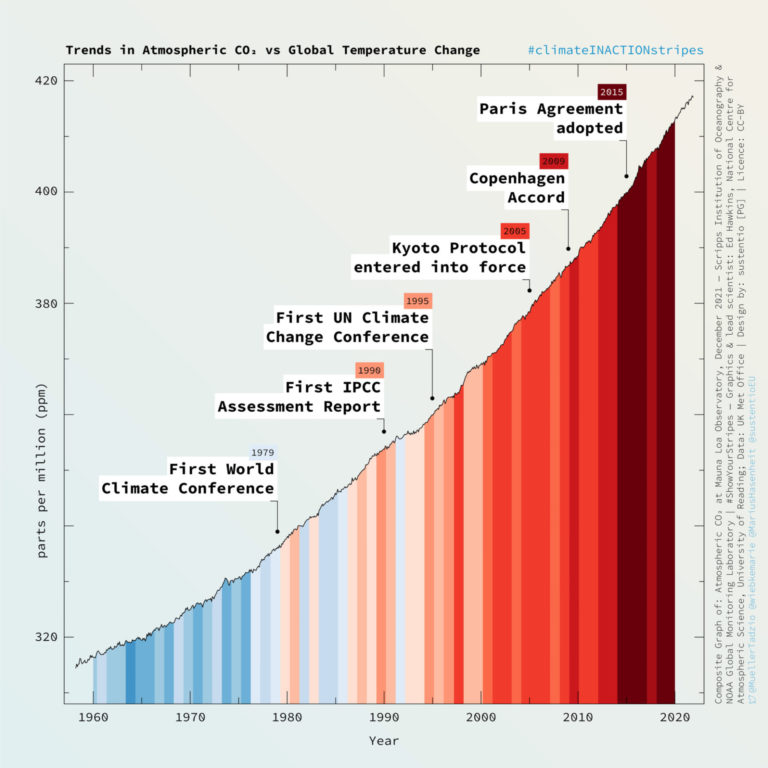Udo Merkel, University of Brighton
For many Western ears, Pyongyang and Pyeongchang sound very similar. Both are names of cities on the divided Korean peninsula. But the former is North Korea’s capital and show city, and the latter is the host town of the 2018 Winter Olympics in South Korea’s Gangwon Province. It is located just 80km south of the heavily fortified border between the two countries.
Some observers may think that this choice of location was ill considered. But it allowed South Korea to claim in its application to the International Olympic Committee (IOC) in 2011 that the event would also contribute to an improvement of inter-Korean relations.
As the games approach, this is becoming more of a reality. On January 17, the two Koreas agreed to march under one flag, and to field a joint women’s ice hockey team. And on January 20, representatives from both countries met at the International Olympic Committee headquarters in Lausanne, Switzerland, to discuss and agree the details of North Korea’s participation in the Winter Olympics.
The focus of the Lausanne meeting was on Olympic protocol. The unified team at the opening ceremony on February 9 will be called Korea, marching with the Korean Unification Flag, carried by an athlete from each country. The team’s anthem will be the Korean folk song Arirang. Under a “wild card” system, North Korean athletes will compete in figure skating, skiing and the joint ice hockey team.
Until the final days of 2017, this looked extremely unlikely as the governments of both Korean states had not talked to each other for over two years.
Foreign policy – and sports diplomacy is part of that domain – usually happens behind closed doors, as do the processes behind it. Detailed knowledge of North Korea and the country’s internal, political dynamics is also rather limited. This is the most secretive and least understood country in the world, and as a result, some issues have been overlooked or misrepresented regarding the upcoming Olympics detente.
A long time coming
Much reference has been made to Kim Jong-un’s New Year’s speech on January 1 in which he wished Pyeongchang all the best for a successful Winter Olympics and offered to talk about the participation of North Korean athletes. But to consider the speech as the trigger of recent events is wrong. He was simply responding – albeit belatedly – to a speech given by the South Korean president, Moon Jae-in, in June 2017 at the opening ceremony of the Taekwondo Word Championships in Muju, South Korea in which Moon explicitly proposed to send a unified Korean team to Pyeongchang to improve inter-Korean relations.
Moon also reminded his audience of sport’s power to improve relations by referring to the “Sunshine Policy”, which was in place from 1998 to 2008. It focused on engagement and rapprochement and led to the two countries marching together at various Summer and Winter Olympics as well as other regional sporting competitions.
What most commentators overlooked was that Moon’s invitation to North Korea was also an encrypted diplomatic message to the US administration that the newly-elected South Korean government did not intend to follow the more confrontational, often incoherent, foreign policy approach favoured by the American president, Donald Trump.
By using his New Year speech to make his announcement, Kim knew it would attract both national and international attention. His words were clearly chosen for both audiences and contained two interrelated but different messages. For his domestic audience, they read: “I have Korean unity and reunification on my radar and will not forget it despite being preoccupied by developing our nuclear programme, testing missiles, UN sanctions, US threats, the warmonger Donald Trump, and so on.”
For the South Korean listeners, his words meant: “OK, I’ve got my missiles working now. That’s the American imperialists sorted. But I think we Koreans are somehow stuck in a cul-de-sac and, perhaps, should talk. Let’s keep it easy and simple at the beginning, leave Donald Trump out of it and talk about sport; and then we see where we go from there.”
The speed of the subsequent developments indicates that North Korea had thoroughly thought about this and was well prepared when the first talks between representatives of the north and the south took place on January 9. In comparison, almost a decade ago, negotiations between the two countries to send a unified team to the 2008 Beijing Summer Olympics took several months and led to nothing.
Playing politics
There is little doubt that the world of international sport continues to be a serious and very useful diplomatic tool. On this occasion, it may be a significant stepping stone for an improvement of inter-Korean relations. But, that depends on how serious Kim is as there is some concern that this is just a well-timed but short-lived public relations stunt. It also depends on whether this kind of sports diplomacy is fully embedded in a wider foreign policy from both North and South Korea that aims to achieve the same objectives.
Sport on its own is fairly powerless, but when skilfully integrated it can make significant contributions and promote wider foreign policy tools. It also provides the Korean people with access to a field of politics that usually lacks transparency.
![]() For the IOC, this recent development was of course extremely good news and may distract from the Russian doping scandal and their other major concern, the steadily declining interest in hosting mega sports events.
For the IOC, this recent development was of course extremely good news and may distract from the Russian doping scandal and their other major concern, the steadily declining interest in hosting mega sports events.
Udo Merkel, Senior Lecturer in Events Management, University of Brighton
This article was originally published on The Conversation. Read the original article.




26 Comments
Pingback: https://library.kiu.ac.ug/
Pingback: สล็อตเว็บตรง
Pingback: buy LSD online
Pingback: Buy Eu identity card
Pingback: หวยออนไลน์ LSM99
Pingback: ayahuasca tea for sale
Pingback: นำเข้าสินค้าจากจีน
Pingback: CDN Wizardry
Pingback: vendite online di ossicodone 80mg a basso prezzo senza script
Pingback: เปรียบเทียบ masurebet กับ เว็บหวยซอง
Pingback: เครดิตฟรี สมัครสมาชิกใหม่
Pingback: Sylfirm
Pingback: ต่อผมแท้
Pingback: gunpowder
Pingback: pk789
Pingback: โบท็อกราคา
Pingback: อินเตอร์เน็ตบ้าน
Pingback: ทางเข้าpg
Pingback: Gym Equipment shop
Pingback: เค้กวันเกิด
Pingback: pakong188
Pingback: Lsm999
Pingback: essentials fear of god
Pingback: เช่ารถตู้พร้อมคนขับ
Pingback: stapelstein
Pingback: จองตั๋วรถตู้